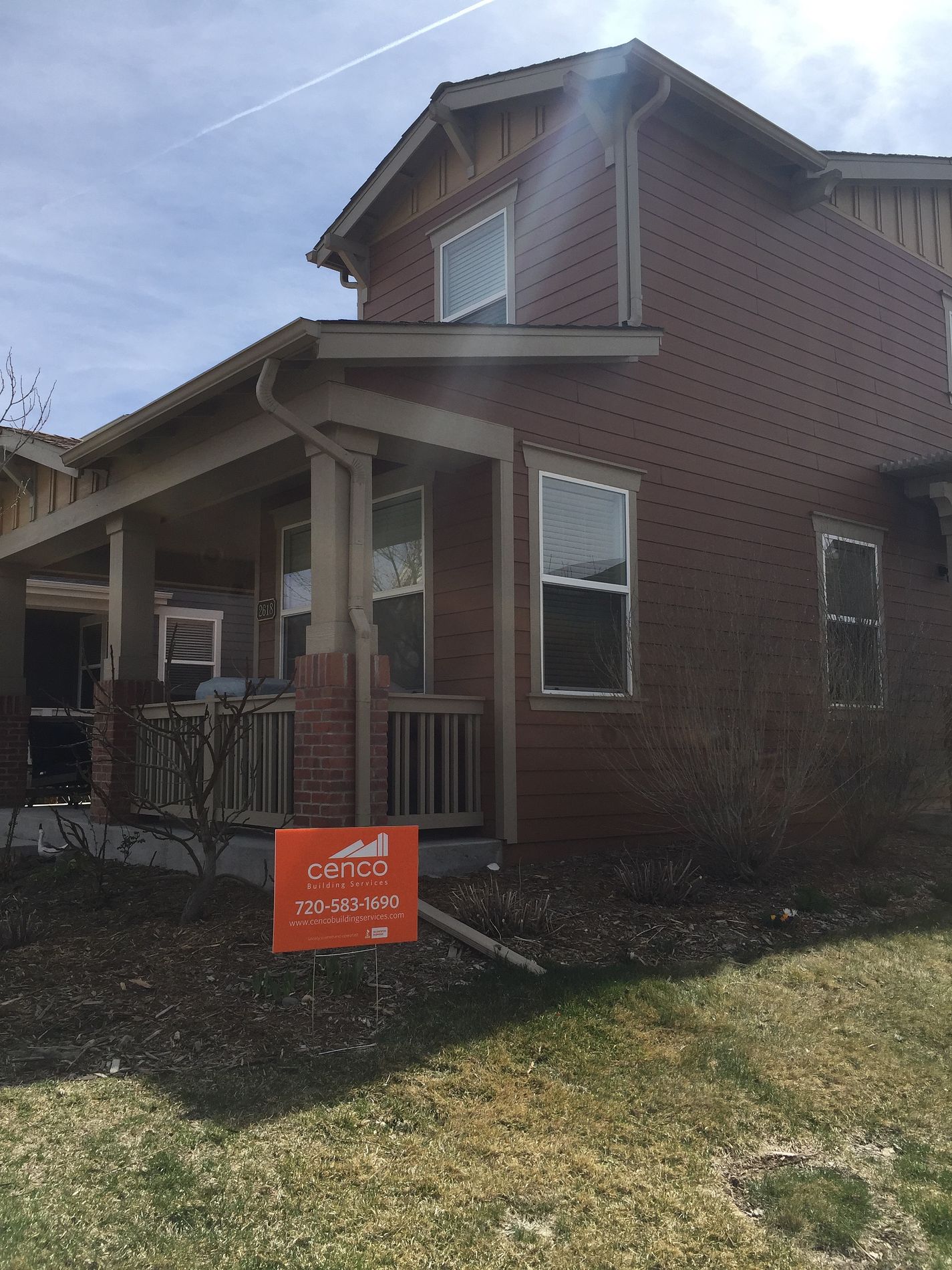“Don’t worry about it… it’s an act of God claim. It won’t affect your insurance anyways.” In the aftermath of natural disasters, such as hail or windstorms, you often similar things from roofing salesmen out drumming up new business on the street. But what is an Act of God from the point of view of your insurance company? A recent article on CBS News put it this way: “”Acts of God,” for insurance purposes, are defined as events that occur through natural causes and could not be avoided through the use of caution and preventative measures. In essence, the phrase “Acts of God” refers to natural disasters.” In theory, barring putting a bubble around your house there is nothing you could have done to protect your home….right? Wrong. Remember that insurance is all about shared risk. Some of that risk comes from a profile of you and your home, and how you contribute to the risk pool. Anything you might do (overflow the bathtub, create a fire in the kitchen) that makes you more risky runs the risk of upsetting the applecart. But part of that shared risk is also where you live, and what might be expected to happen there. A snowstorm in Phoenix, and subsequent ice damage, is very unlikely, so due to extremely low risk, it may or may not be considered an “Act of God” and may or may not be excluded in your policy. If you live in Denver, where hail is prevalent, you better believe that Hail has been addressed as a policy component and calculated into the shared risk in your policy (either through rates or policy endorsements). Rather than devolving to the “Act of God” discussion, it is more helpful to discuss with homeowners any actual damage and how their behavior in response to it might affect their coverage. For example:
- If you file a claim at the drop off a hat, for example, your behavior is more risky than the other participants in your shared risk pool. So even if all of your claims are legitimate and caused by a covered peril, a carrier may choose to drop you.
- If you call the insurance company to start claims and they can’t validate the damage, it can also constitute a risky behavior that could affect your continued coverage.
- On the other side of the fence, if you have actual damage and do not address it, you may lose the opportunity to have that damage recognized at later time by your carrier.
So how can you make sense of it all when a roofing salesman knocks on your door?Here are five helpful tips to follow:



